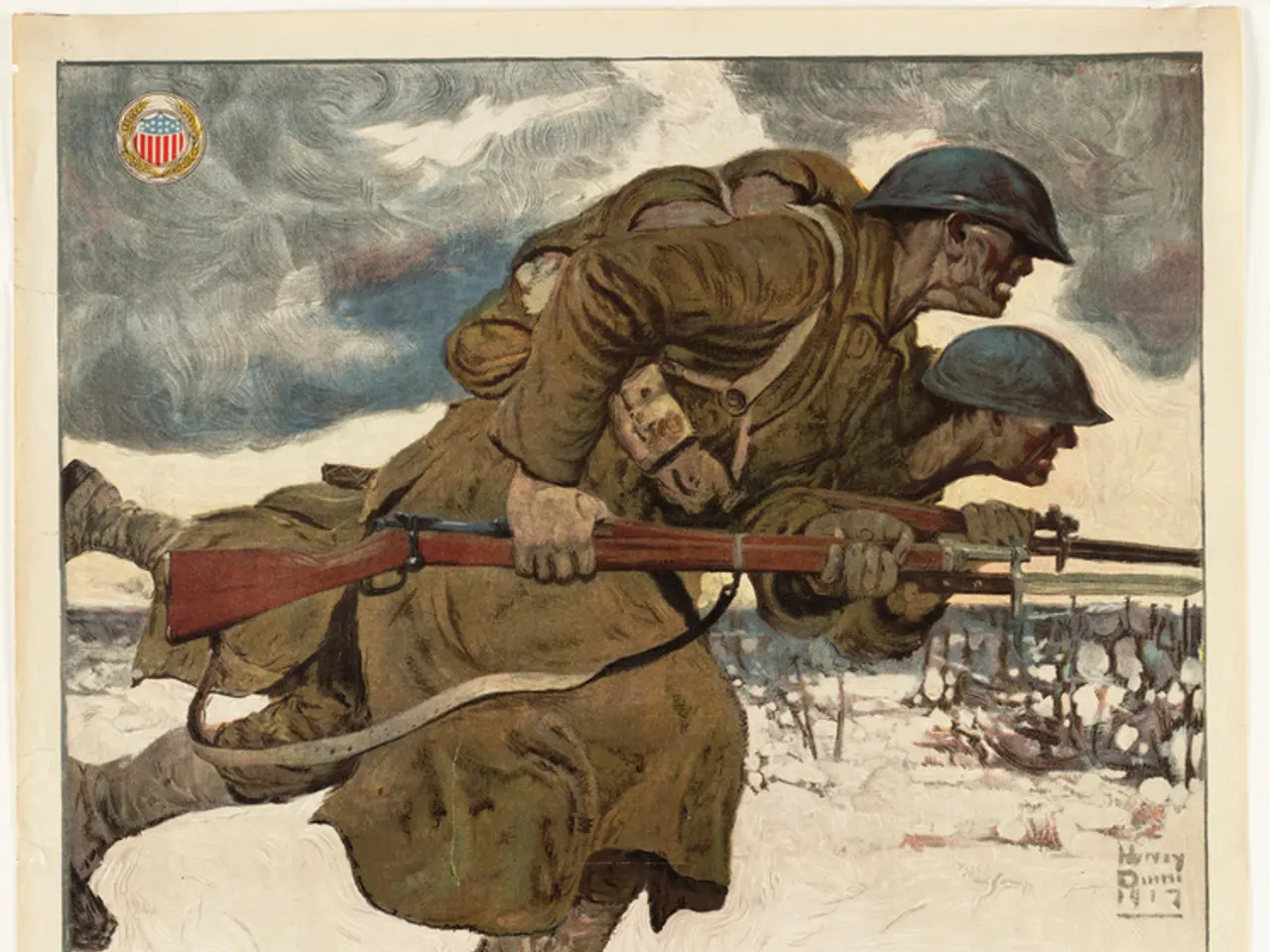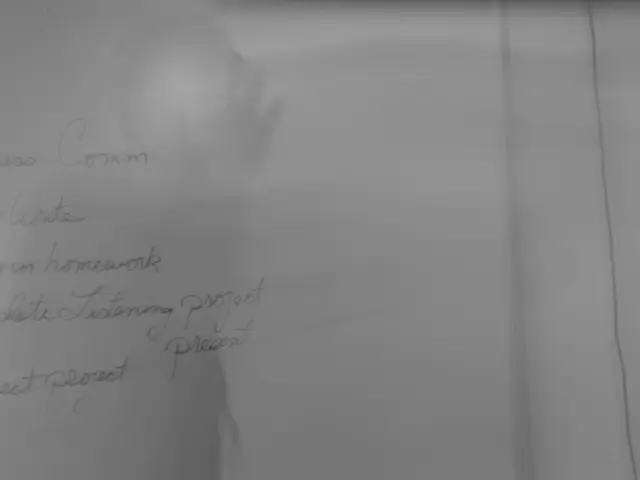Trump's Deployment of Troops to Los Angeles: Legal Matters Under Examination as Trial Commences Today
The trial to determine if President Trump violated the Posse Comitatus Act (PCA) by sending troops to Los Angeles and Washington D.C. begins on Monday.
The PCA, enacted in 1878, generally prohibits federal military forces from directly participating in civilian law enforcement activities. This includes arresting or detaining civilians, enforcing laws, or establishing perimeters that restrict freedom of movement.
Regarding President Trump’s deployment of troops to Los Angeles, legal challenges, including a lawsuit by California, argue that the deployment violated the PCA because National Guard troops and Marines were involved in actions such as participating alongside federal law enforcement in immigration raids and drug operations, establishing security perimeters and blockades, and detaining civilians on at least two reported occasions. California claims this constitutes direct, active law enforcement, which is prohibited under the Act. The Department of Justice contends the deployment is legal because troops were primarily protecting federal property and federal officials rather than executing law enforcement functions themselves.
In Washington D.C., the D.C. National Guard is permanently under federal control, so the Posse Comitatus Act applies fully. The Trump administration ordered their deployment citing the protection of federal property and officials. Yet, there is at least one reported incident where a National Guard member detained a civilian, which would be a clear violation of Posse Comitatus.
The debate centers on the distinction between indirect support roles allowed under the Act (e.g., logistical assistance, physical presence for deterrence) and direct involvement in law enforcement activities, which the Act prohibits. The Trump administration has tested the boundaries of this law in these deployments, leading to ongoing litigation and debate about the Act’s scope and applicability.
Notably, the Act does not apply if overridden by the Insurrection Act or Congressional authorization, but such conditions were not declared in these cases.
Judge Charles Breyer will preside over the trial. The trial is expected to run from Monday to Wednesday, with a decision possibly coming from the judge during the trial or at a later time. There will be no jury at the trial.
This illustrates an unprecedented extension of military roles in domestic policing under Trump’s orders, raising serious legal and constitutional questions under the Posse Comitatus Act. The trial's outcome could set a significant precedent for future military involvement in domestic law enforcement.
- The trial for President Donald Trump's alleged violation of the Posse Comitatus Act by deploying troops to Los Angeles and Washington D.C. begins on Monday, raising questions about the Act's applicability in domestic law enforcement.
- The Posse Comitatus Act debate intensifies as President Trump's administration tests the boundaries of military involvement in law enforcement, with the trial's outcome potentially setting a significant precedent for future military engagements in politics, war-and-conflicts, policy-and-legislation, and crime-and-justice.
- As the trial unfolds, Governor Gavin Newsom of California, a plaintiff in the lawsuit against Trump, will closely monitor the proceedings, eager to challenge the legality of Trump's deployment of National Guard troops and Marines in Los Angeles, which could have consequences for general-news and policy-and-legislation.





